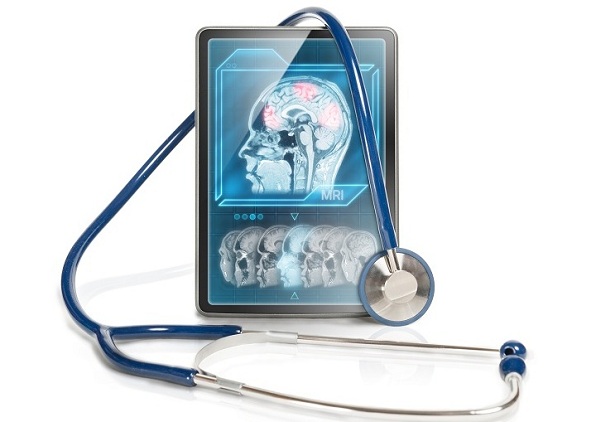
Over 300 million people around the world suffer from depression. 264 million suffer from anxiety. As our society continues to gradually chip away at the stigma surrounding mental health and illness, it’s becoming an increasingly important focus in our technological world.
In 2017, the World Psychiatry journal published research that showed that smartphone applications might be able to help people suffering from depression. The study tracked almost two dozen mental health apps and found that, through various methods, they significantly helped reduce symptoms for people with mild to moderate depression. This research brings to mind an important question; with the gradual adoption of technology across all industries, what does an ideal marriage of tech and mental health services really look like?
App creators and tech giants are taking steps to help people who seek better mental health. For example, Apple is attempting to develop a way for Siri to provide comfort and reassurance to people asking for help. But as it stands, Siri, along with other apps, cannot replicate or replace the interaction and trust and companionship that another human being can provide.
A separate research consortium in Europe is working on designing mobile, wearable and personalized health technologies that will help patients manage their mental health issues. This technology could empower patients to find care, track their medication and/or self-manage their symptoms.
But as with other fields of medicine, not everyone may appreciate the influx of technology into mental healthcare, particularly within the patient-provider encounter. Providers could be resistant due to many reasons, including worry that they won’t be able to interact with and absorb patient data during face to face interactions, the struggles with EHRs and other mandated technology use.
For instance, Dr. Lloyd Minor, dean of Stanford University Medical School, says “that the most fundamental aspect of human communication, which is eye contact, now is being robbed from the medical encounter because of the electronic health record.” He also noted that the tech has distracted from patient care. Providers ‘[are] thinking about the mechanics of the documentation, rather than the implications of the symptoms and findings.”
When doctors are in an exam room with a patient, a third of the time is spent on the EHR system. In the case of a primary care physician treating someone with a common cold, this might not be a serious issue, due to the nature and seriousness of the illness. But what about a psychiatrist treating someone with Bipolar Disorder? Being distracted during the patient encounter, missing an important symptom or piece of information, leads to the risk of misdiagnosis, or prescribing the wrong medication, both of which could lead to serious consequences, like if the patient has a manic or depressive episodes and ends up hospitalized, or worse, attempting to commit self harm or succeeding at committing self harm.
Time consuming EHRs, like those that Dr. Minor critiques, are dangerous for mental health providers and patients, and they take away from the care giving process. However, an EHR that can solve those problems; that can work with the provider; that can enhance and help the patients care – that is an EHR system the industry could trust.
Imagine this scenario: a patient with an anxiety disorder is referred to a therapist by their psychiatrist. After meeting the patient, the therapist can quickly, electronically, share his clinical notes with the psychiatrist, who can upload these notes directly into his own notes. This allows for a seamless continuum of care and enables better care-coordination. This is all around better for the patient, since they would get care that is consistent.
But that’s not all; instead of the psychiatrist doing an anxiety index on paper and manually calculating scores, the technology can allow him to enter it directly into the system. From there, the software will automatically configure graphs to show various contributing factors and will help calculate the anxiety index score. This eliminates doctor error, as well as providing detailed information. During the encounter, the provider will be able to see historic graphs that can help him objectively evaluate the patient’s progress.
Dr. Minor does have very legitimate critiques of the EHR industry. The example used for a patient suffering from Bipolar Disorder shows that it’s inefficiencies of the current EHR systems that takes a providers time and focus away from their patients. If EHR software vendors can address these problematic aspects of the EHR software, it would lead to mental health providers being able to trust EHRs and they will be enormously helped in their quest to provide the best treatment possible.
The technology industry is addressing a real need in our society, while also becoming more inclusive to people suffering from mental health issues, who make up a significant part of humanity. When is it going to make a real difference? How? What will be the first step in this unpaved road? Maybe it is going to be a smartphone application that will alleviate some symptoms of depression; maybe it will be an EHR software designed to assist a mental health provider with patient diagnoses and care; maybe it will be A.I., a virtual friend who can lend support, compassion and help someone feel like they’re not alone and remind them that their world is not over. Whatever it is, the possibility that one day, there might be tech that can help us, as a society and as an individual, address and fight mental illness, even in some small way, is an idea that provides us with the most important thing in the world: hope.